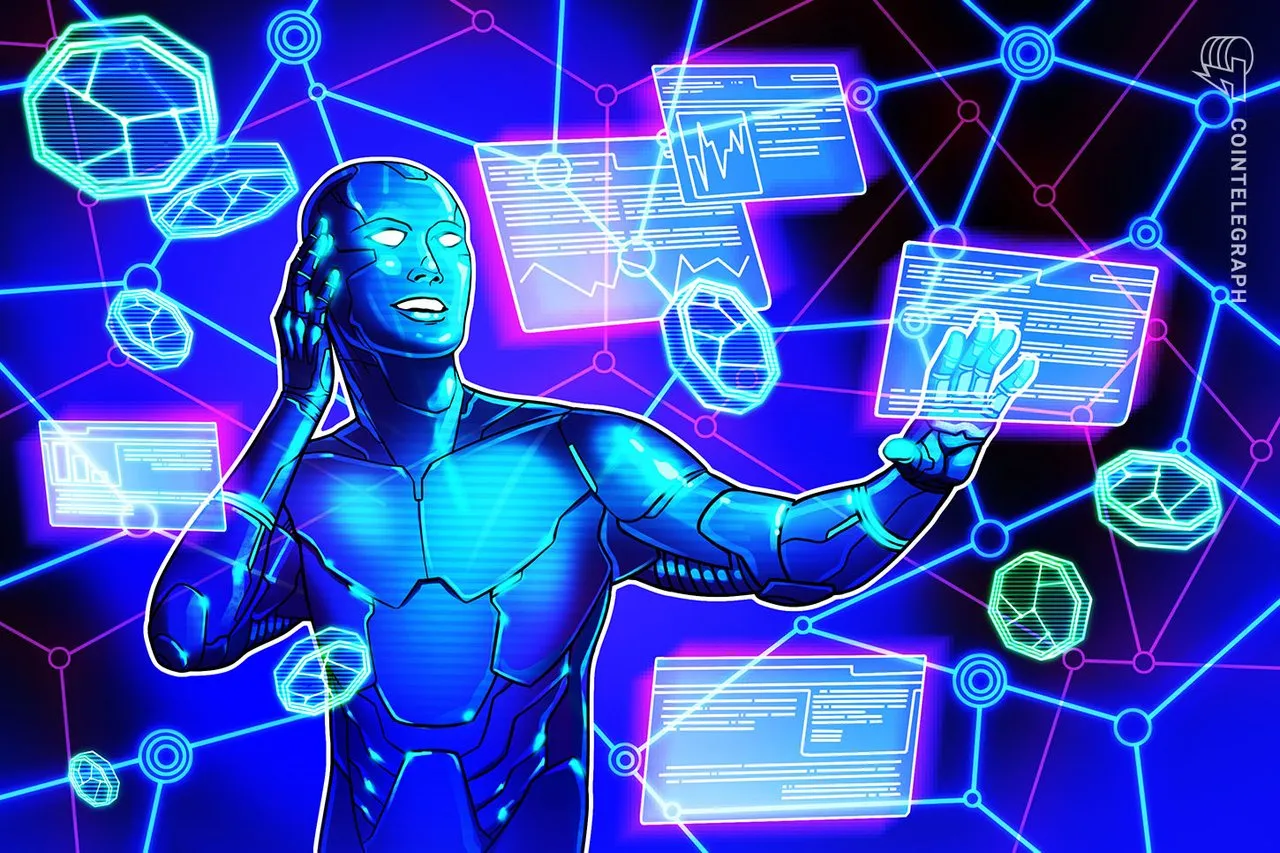
Web3 is a term that seems to be dead in 2025 alongside its close cousin term, the Metaverse as its usage is near nonexistent.
Maybe, it's a good thing that it's no longer the go-to marketing ploy for projects in this ecosystem because that simply gives it the room to actually become real.
Big shifts in tech use usually just happens, and this is something we might see with web3 as cryptocurrencies ecosystems earn more exposure and AI developments slowly embrace blockchain solutions.
Contrary to ideas most people have about web3 from the early days and currently, web3 is only concerned with the immutable storage and accessibility of data, on the fundamental level.
Early use of the term “web3” by projects in the cryptocurrency ecosystem had very little to zero to do with web3. We saw projects whose main products were just exploit DeFi traps throwing the term web3 around, essentially associated the term with things it really had no relation with.
Current use of the term web3 is literally just a form of defining a group of people on Twitter.
You talk about crypto and blockchain tech on Twitter? Then you're a web3 folk on there, not because you use web3 tech but because you're just on that side of Twitter. The fact that this discussions are actually happening on web2 socials don't even bother these people but in all honesty, most of them don't really know better because these terms have always been misdefined and used carelessly over the years.
The shift to a decentralized web: 3.0
Most people have the idea that to achieve a decentralized internet, we have to first make everything that powers it decentralized.
Personally, I've speculated on this a couple of times but when you look deep into it all, you realize that all essential components that power the internet, which has an estimated value of about $13.4 trillion cannot simply be made decentralized within significant damages being done to existing systems.
Decentralizing it all involves decentralizing stakes into some pretty centralized companies actively monopolizing everything they can.
Generally, this is a battle against companies in the business of data centers and the internet service providers, to which when you go deeper, there's quite a large market with varying players.
That said, the power industry is also a key component because everything digital doesn't exist without power.
With the understanding of the complexity of what needs to be decentralized, it's evident that decentralized storage solutions will not just make the internet decentralized.
If we are being honest, technically, the internet isn't really a thing in the way that most people think it to be in their heads.
The internet is just a communication layer, so a pathway through which data moves from one computer to another. Without anyone(through computers) communicating, it doesn't actually exist.
What this should tell us is that we can't force it all to be decentralized, public and functioning on the tech of our choosing. It means that a lot of internet communications will still happen outside the walls of blockchains.
This reality should help us reimagine how web3 will actually play out. Yes, we talk about ownership and control, but those are solutions that have to be voluntarily embraced by individual users and businesses. It's all going to exist, yet whether or not it gains or lacks adoption should not stop web3 from happening.
The role of AI Agents in web3
In the beginning of this article I highlighted that web3 will generally be concerned with immutable storage and accessibility. By achieving this, we achieve web3.
This means that web3 will not be about forcing every website to move onto blockchains, but that it will be about making every public data on these websites permanently available on-chain.
AI Agents will autonomously scrap web content and put it all onchain, creating a verifiable record that certain things existed or were said at a certain points in time.
Of course, this has to be built to be consensus-based, incentivized and in some cases, micro fee-gated for long-term revenue for source platforms so that false data is not put and referenced onchain. This is where solutions like blockchain Oracles will play a key role in ensuring that what is taken from these off-chain systems or platforms and put on-chain is authentic, so that when anyone accesses it from said blockchains, it's validity will not be up for question.
Certainly, none of this is to say that infrastructures businesses that powers the internet cannot slowly become decentralized, no, just that what's most important is data storage and accessibility, and this is something that can be sooner achieved with AI agents.
It's also important to note that recent developments, such as the x402 payment layer over HTTP by Coinbase makes it possible for these AI agents to ethically attain this data for permanent storage onchain.